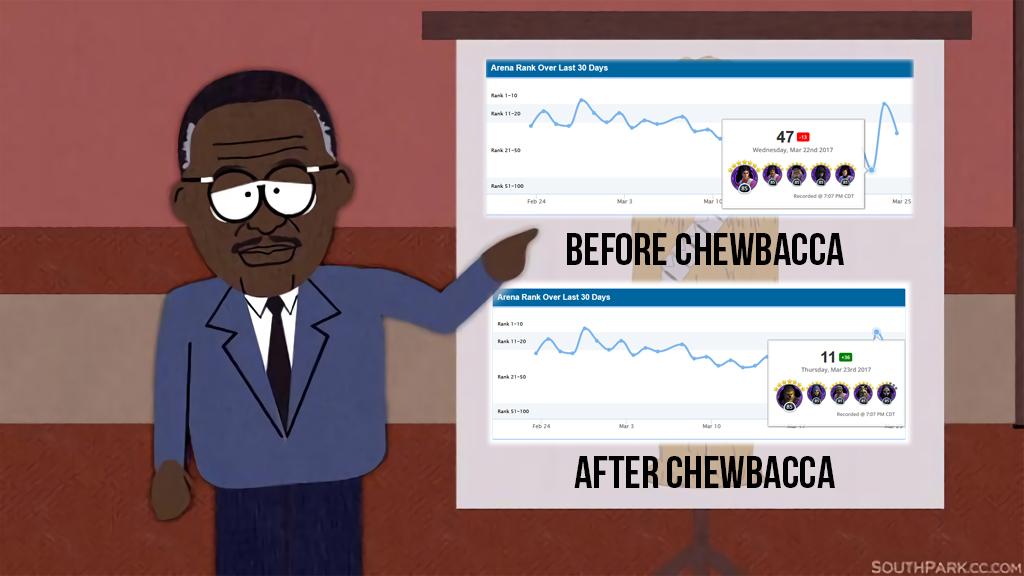A will is meant to make the lives of those you love easier after your life has ended. It lays out your intentions for the inheritance and disposal of your belongings, whether that includes money, property, stamp collections, or sewing machines. Whatever you cannot take with you can be passed on to the living. Whenever circumstances change such that inheritance will be impacted, you should revise your will.
What is a circumstance that demands a change? That depends. Let’s look at some examples.
Changed Circumstances
Any number of changes may impact a will. Life is unpredictable and the order of events is unknown to all. There are always changes — marriages, babies, divorces, deaths, and other events. So change to a will may be necessitated by the birth or death of an intended inheritor, a financial disaster or windfall, the start or end of a union, or something straightforward like a property sale. Obviously, you can’t pass on land you no longer own. So if, for example, you sell an asset, that may mean changing your will afterward to reflect actual holdings.
There may also be changed emotional or familial circumstances. Family lives can be turbulent. Sometimes people fight and fall out of favor. You are under no obligation to leave anything to someone you are not speaking with, and certainly family troubles lead to will changes.
That said, remember you will be dead. Don’t change your will every time you get in a fight with a friend or a spat with a sister. A will is a reflection of deep intent and should not be dealt with superficially. Change your will when it no longer reflects your true intent or the actual circumstances.
What If You Forget?
If you have no will, your estate will be disposed of though the laws of intestacy and a state statute will dictate the disposal. Every place has its own laws of intestacy that lay out the division of property among family members and the order of receipt, or succession. If someone has no children or parents, the statute will identify who is next in line to inherit the estate.










